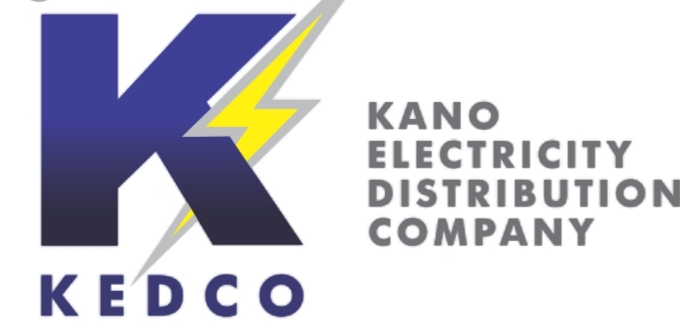The Kano Electricity Distribution Company (KEDCO) has assured residents of Kano, Katsina, and Jigawa States of a stable power supply throughout the Ramadan period.
Managing Director Yusuf Abubakar made this pledge during a town hall meeting with customers and stakeholders in Katsina on Wednesday.
The discussion centered on consumer rights, obligations, and key operational concerns affecting electricity distribution in the region.
Represented by KEDCO’s Regional Head, Nasiru Dembo, Abubakar emphasized that reliable electricity depends on customers fulfilling their responsibilities, particularly the prompt payment of bills.
He also revealed that the company is in discussions with relevant authorities in Abuja to ensure improved power distribution during Ramadan.
“This engagement aims to encourage bill settlement and enhance electricity supply across communities,” he stated.
Abubakar highlighted the financial strain on KEDCO, noting that the company records monthly losses exceeding N250 million in the Katsina North region alone. He also identified vandalism as a major challenge, with transformers, cables, and transformer oil frequently targeted.
He called on the public to assist in safeguarding electrical infrastructure, explaining that delays in replacing vandalized equipment often result in prolonged outages. Additionally, he acknowledged the increased electricity demand during Ramadan, particularly due to rising temperatures.
“We allocate available electricity based on consumption needs across all service areas,” he noted.
Abubakar also encouraged consumers to switch off unnecessary appliances during daylight hours to conserve energy and lower costs.
KEDCO’s Head of Corporate Communications, Sani Bala, stated that the meeting provided an opportunity to address customer concerns and gather feedback.
He assured that the company would continue engaging with consumers while strengthening corporate social responsibility efforts.
He further revealed that KEDCO issues electricity bills totaling N12 billion monthly across the three states but struggles to recover even half of the amount, with collections often falling below N6 billion.
This revenue shortfall, he said, significantly impacts the company’s ability to provide seamless services.


